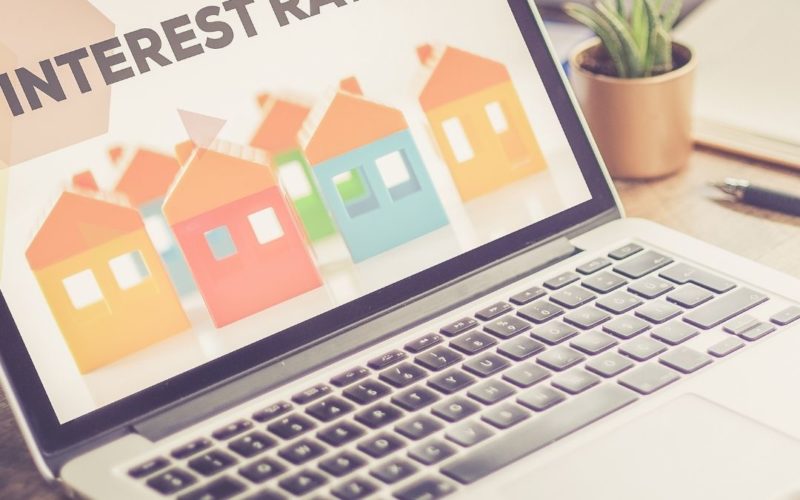Impact of Interest Rates on The Real Estate Market
Are higher interest rates going to cause a real estate market crash? We’ve been getting some variation of this question a lot lately. The reality is no one knows exactly what will happen yet there are some fundamental truths to consider. I once heard someone say that an economist is an expert who will know tomorrow why the things he predicted yesterday didn’t happen today. With that, let’s start with some facts.
This year, the Federal Reserve raised its interest rates by half of a percentage point. This is its largest rate increase since 2000 and the first time since 2006 that the Fed has increased rates in back-to-back meetings.
It’s important to understand why interest rates are rising. Primarily, raising interest rates is one of the most powerful tools the Federal Reserve has to control the economy and inflation. During a recent news conference, Fed Chairman Jerome Powell explained “inflation is much too high and we understand the hardship it is causing. We’re moving expeditiously to bring it back down.”
Bringing down inflation without causing a recession is a difficult task that requires careful precision. By raising rates, the Fed hopes to cool the housing market without stopping it altogether – quite the balancing act.
As rates increase for borrowers, some buyers are forced out of the market because they can no longer afford homes that have appreciated so much in value. But interest rates will have to go up significantly to soften housing prices and curb inflation. We don’t expect to see prices go backwards, but they also can’t keep appreciating at 20% per year.
Serious buyers view rising rates as a reason to buy sooner, not to wait any longer. When house hunting, budgeting with a higher rate in mind can be greatly beneficial. For example, base your expected payment assuming that it will eventually have a ½ percentage higher rate. If rates go up, you’ll be in budget, and if they don’t move, you’ll have a cushion built in.
Rental rates have increased, too, so first-time homebuyers are still looking to buy because purchasing a home is less expensive than renting in most cases. The most reliable hedge against inflation is a fixed housing cost in the way of a fixed mortgage. As a renter, there is no protection against rising costs of rent because of very few rent-control laws.
These factors lead many to wonder: Will rising interest rates cause an eventual price crash? With the financial crisis of 2008 still fresh in our memory, it’s easy to see why people might expect home prices to fall. This time, however, there are many differences. I remember back in 2006 when banks were handing out “no doc loans” that asked for your personal finances with no written proof. This created artificial demand by making it easy for just about anyone to “qualify” for a home loan or refinance their current home. Today, purchasers and those refinancing homes face much higher standards and stricter guidelines from mortgage companies. Because of this, purchasers can afford the mortgage they’re taking on and there are less defaults. The speculative buyers who were purchasing homes and reselling them six months later for quick gains are not as prolific as they were in 2005-2007. The price drop seen during The Great Recession was caused mainly by the financial crisis, which led to a foreclosure crisis. When foreclosures flooded the market, prices dropped. The fear of another huge foreclosure event in today’s market is just not as realistic as it was a decade ago.
There’s still a very real housing inventory shortage that is driving demand. Even with higher interest rates, buyers are relocating away from big cities and are viewing Northern Atlanta as valuable. With continued demand, supply issues delaying new construction for the foreseeable future, and relative affordability in housing in our area, we expect rising rates to slow real estate sales somewhat, but they will not be stopping completely any time soon.


